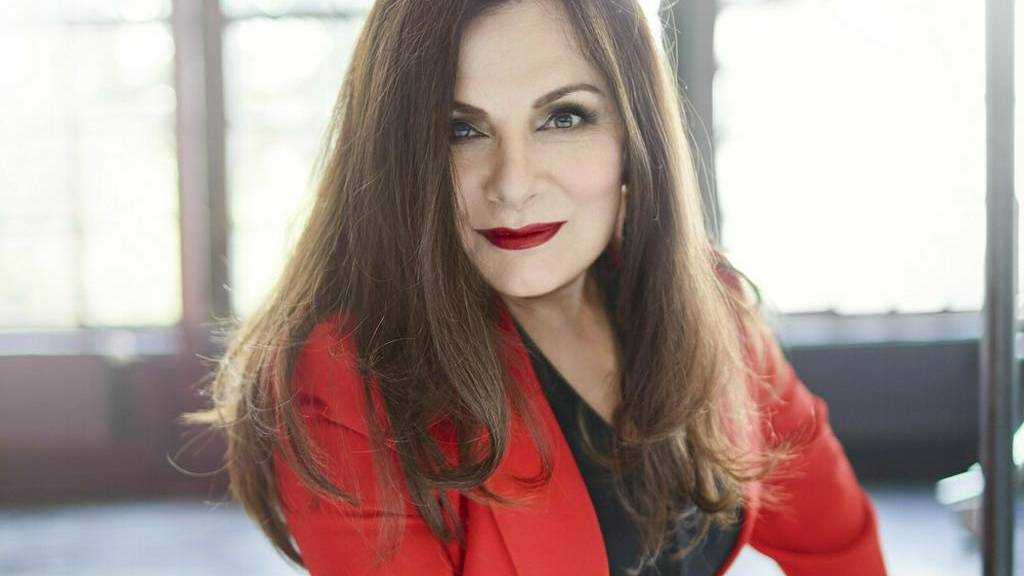Marianne Rosenberg turned 65 on March 10. To a certain extent, she gave herself a present for her special day: just a short time later, her new album "In the Name of Love" will be released today (March 13). The pop singer also sings about racism on her longplayer – a topic that has been with her all her life after many of her family members died in Nazi concentration camps. In an interview with the news agency spot on news, she talks about her dismay at current racist attacks, the madness for optimization and how the collaboration with her son Max went.
You celebrated your 65th birthday on March 10th. Do you give yourself a present with your new album?
Marianne Rosenberg: "In the name of love" is my most important album for many, many years. I did a lot of trips to other genres before, now I wanted to come back. Back to my roots too. I picked up elements from disco music and the Philly sound of the seventies again, of course always with the current grooves and sounds that I find good today. I wanted to make myself and my fans happy, I wanted to close the circle. That seems to be a success, because often after the release of the first single "Wann (Mr. 100%)" I heard that people were happy and said: "Rosenberg sings Rosenberg again". It's a very nice thing. Of course, I don't regret having looked over the fence from time to time, that was important to me. But now I'm back home musically.
As the daughter of Auschwitz survivor Otto Rosenberg, you are a great defender of democracy. The title track says "Hate has never defeated hate / let it be love". How affected are you by racist attacks like Hanau's?
Rosenberg: Of course I am very concerned about every form of racist violence. My ancestors were murdered by race-based mania. In my youth I never thought that something like this could ever be present in our country again. At a time when we are experiencing more and more hatred, whether in the football stadium, in the so-called social networks or simply in everyday life on the street, it is particularly important to me to counter this. Yes, hatred never conquered hatred. Love can forgive instead of hate, can tolerate instead of demarcation, can connect instead of separate. Love can do everything!
In "The answer only the wind knows" you sing about the exaggerated delusion of optimization of today. What exactly is bothering you about it?
Rosenberg: In this song I describe our fixation on the material, on profession, success and recognition. Too often we sacrifice our dreams and desires for it and no longer notice how we transform into a functioning part of a machine. You should stop and reflect more often if what you do is still what you actually want.
Her new album is titled "In the Name of Love". What was the craziest thing you ever did for love?
Rosenberg: I wrote a song, recorded it on a tape and deposited it in a very specific mailbox. It worked.
You worked with your son Max on this album. What was that experience like?
Rosenberg: That was not planned, it just happened. Max is also a musician, also a composer and producer. When I had a new idea for a song, I went to his studio and introduced it to him. I wanted to know what he thought of the song idea. As a matter of course, this resulted in a spontaneous collaboration, from which the songs benefited a lot.
How did your son influence your sound? He comes from a completely different generation.
Rosenberg: I have often brought in the experience and Max the innovative ideas. It is an excellent mix.
You tried a new sound every now and then because you didn't always want to repeat the same recipe. Was it always the right decision?
Rosenberg: In retrospect, I think that everything I've tried was justified for me, that the path was right and important for me. Otherwise I wouldn't be where I am today: back home and with myself in peace.
